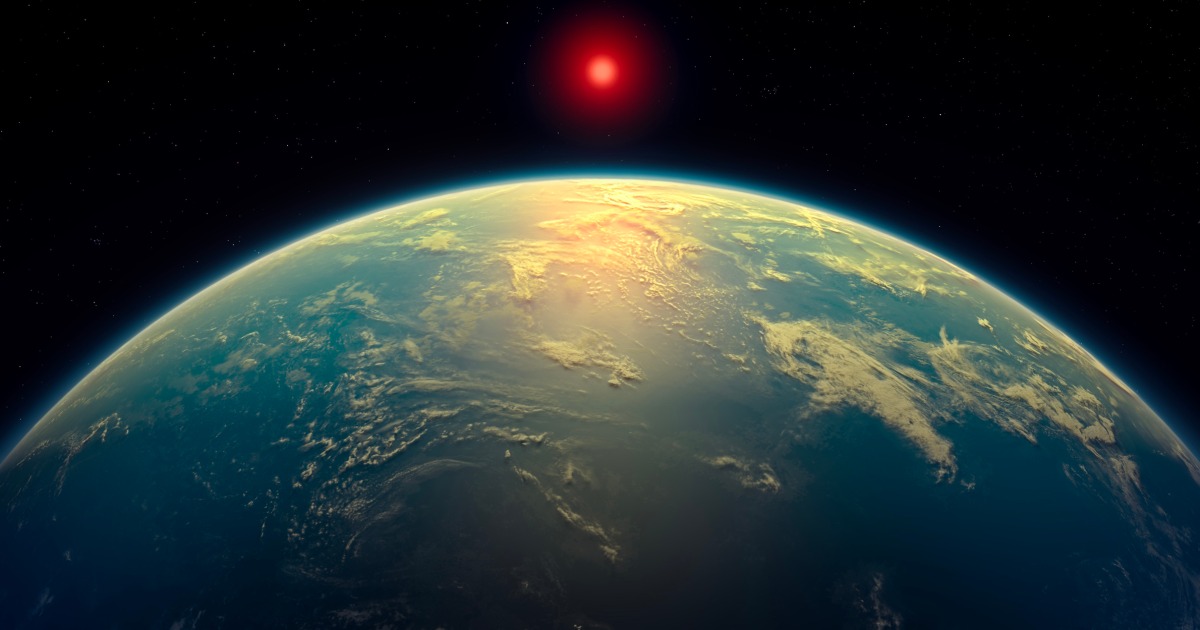Key takeaways:
- Astronomers are debating the habitability of exoplanet K2-18b, located 124 light-years away, following findings suggesting it might be an ocean world capable of supporting microbial life.
- Research using data from NASA’s James Webb Space Telescope identified chemical signatures in K2-18b’s atmosphere, typically associated with microbial life on Earth, raising the possibility of a warm ocean on the planet.
- The discovery of these chemical “biosignatures” is considered groundbreaking, but researchers emphasize the need for further investigation to confirm the presence of life, as the scientific community remains cautious and divided.
Astronomers have recently intensified discussions regarding the potential habitability of the exoplanet K2-18b, located 124 light-years away in the Leo constellation. This debate follows findings by a research team led by Cambridge University, which suggest that K2-18b might be an ocean world capable of supporting microbial life. The exoplanet, which orbits a red dwarf star, is approximately twice the size of Earth. The researchers have urged caution, noting that while the discovery is significant, it remains speculative at this stage.
The team made their findings after conducting a thorough analysis of data collected from NASA’s James Webb Space Telescope. They identified chemical signatures in K2-18b’s atmosphere that, on Earth, are typically associated with microbial life forms such as algae, seaweed, or marine phytoplankton. These findings have raised the possibility of a warm ocean existing on the distant planet, potentially teeming with life forms similar to those found in Earth’s oceans.
The detection of these chemical “biosignatures” has been hailed as a groundbreaking discovery by the British-U.S. research team. The presence of these chemicals in the atmosphere of K2-18b has long been considered a potential indicator of extraterrestrial life. However, the researchers have emphasized the need for further investigation to confirm the presence of life, as other scientists have expressed skepticism regarding the interpretation of the data.
The announcement of these findings has sparked considerable interest and debate within the scientific community. While the discovery represents a significant step forward in the search for life beyond our solar system, researchers caution that more evidence is needed to substantiate the claims. As the scientific community continues to analyze the data, the potential for K2-18b to host life remains an intriguing possibility that warrants further exploration.



Be First to Comment